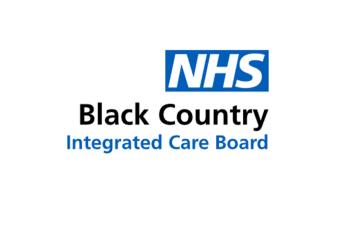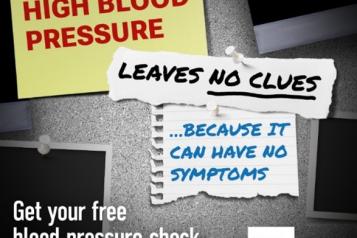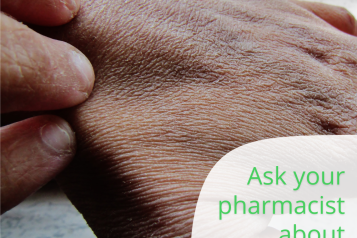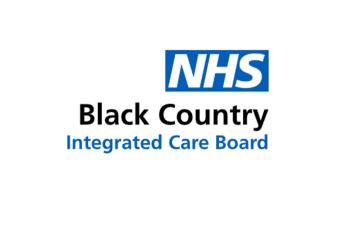
Signs of heat exhaustion and heatstroke
With hot weather forecast over the next few days, the NHS is sharing the signs and
symptoms of heat exhaustion and heatstroke to look out for The UK Health Security Agency (UKHSA) has upgraded its heat health alert for the West Midlands to amber, which is in effect from 12pm on Friday 11 July until 9am on Monday 14 July, replacing the earlier yellow warning issued this week.
During hot weather it can be easy to overheat. Spending too long in the sun or not staying
properly hydrated can lead to heat exhaustion.
Heat exhaustion is not usually serious if you can cool down within 30 minutes, however if left
untreated it can quickly turn to heatstroke. Heatstroke is a life-threatening condition that occurs when your core body temperature reaches 40C or higher and must be treated immediately.
Common symptoms of heat exhaustion include:
• a headache
• dizziness and confusion
• loss of appetite and feeling sick
• excessive sweating and pale, clammy skin
• cramps in the arms, legs and stomach
• fast breathing or pulse
• a high temperature of 38C or above
• extreme thirst.
These are the same in adults and children, although children can also turn sleepy and floppy.
Dr Ananta Dave, Chief Medical Officer for the NHS Black Country Integrated Care Board, said:
“Heat exhaustion can affect anyone, including fit and healthy people, and be very serious if not
treated immediately. It can come on quickly, over minutes, or gradually over hours, so with high Temperate levels expected over the next few days, it is important that people know how to deal with it.
“To help prevent heat exhaustion drink plenty of cold drinks, take cool baths or showers and
wear light coloured and loose clothing. Try to stay out of the sun between 11am-3pm and avoid alcohol and exercise as this will prevent dehydration.
“If someone has heat exhaustion, move them to a cool place and get them to lie down with their feet raised slightly. Ensure they drink plenty of water and cool their skin with cold water and fan them. They should start to cool down and feel better within 30 minutes.
“Remember to keep an eye on children, the elderly and people with long-term health conditions, such like diabetes or heart problems, as they’re more at risk in the hot weather.”
If someone with heat exhaustion does not improve after 30 minutes, they may have heatstroke.
You should call 111 if they still feel unwell after drinking plenty of water, not sweating even while feeling too hot, have a high temperature of 40C of above or feel confused.
symptoms of heat exhaustion and heatstroke to look out for The UK Health Security Agency (UKHSA) has upgraded its heat health alert for the West Midlands to amber, which is in effect from 12pm on Friday 11 July until 9am on Monday 14 July, replacing the earlier yellow warning issued this week.
During hot weather it can be easy to overheat. Spending too long in the sun or not staying
properly hydrated can lead to heat exhaustion.
Heat exhaustion is not usually serious if you can cool down within 30 minutes, however if left
untreated it can quickly turn to heatstroke. Heatstroke is a life-threatening condition that occurs when your core body temperature reaches 40C or higher and must be treated immediately.
Common symptoms of heat exhaustion include:
• a headache
• dizziness and confusion
• loss of appetite and feeling sick
• excessive sweating and pale, clammy skin
• cramps in the arms, legs and stomach
• fast breathing or pulse
• a high temperature of 38C or above
• extreme thirst.
These are the same in adults and children, although children can also turn sleepy and floppy.
Dr Ananta Dave, Chief Medical Officer for the NHS Black Country Integrated Care Board, said:
“Heat exhaustion can affect anyone, including fit and healthy people, and be very serious if not
treated immediately. It can come on quickly, over minutes, or gradually over hours, so with high Temperate levels expected over the next few days, it is important that people know how to deal with it.
“To help prevent heat exhaustion drink plenty of cold drinks, take cool baths or showers and
wear light coloured and loose clothing. Try to stay out of the sun between 11am-3pm and avoid alcohol and exercise as this will prevent dehydration.
“If someone has heat exhaustion, move them to a cool place and get them to lie down with their feet raised slightly. Ensure they drink plenty of water and cool their skin with cold water and fan them. They should start to cool down and feel better within 30 minutes.
“Remember to keep an eye on children, the elderly and people with long-term health conditions, such like diabetes or heart problems, as they’re more at risk in the hot weather.”
If someone with heat exhaustion does not improve after 30 minutes, they may have heatstroke.
You should call 111 if they still feel unwell after drinking plenty of water, not sweating even while feeling too hot, have a high temperature of 40C of above or feel confused.




